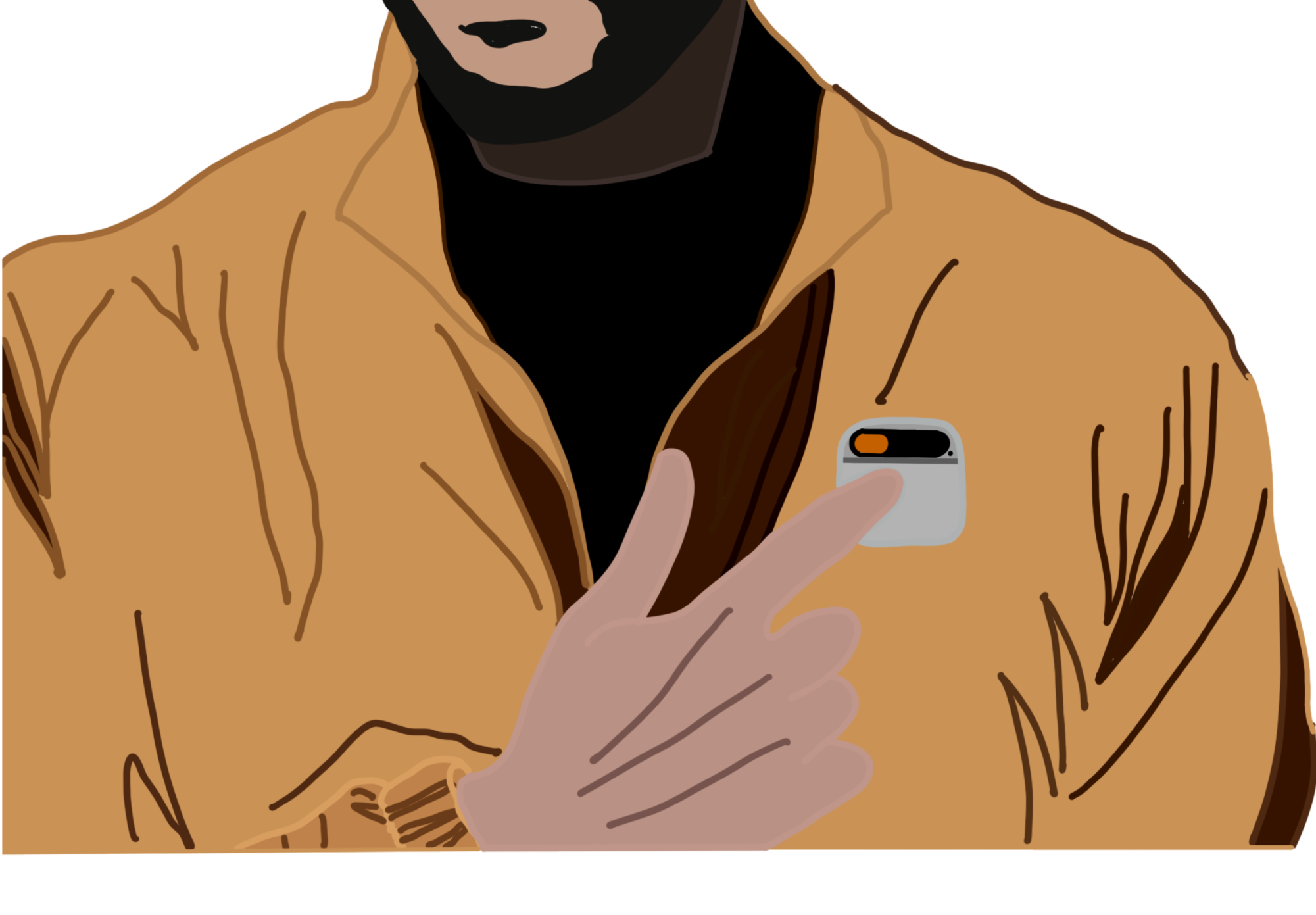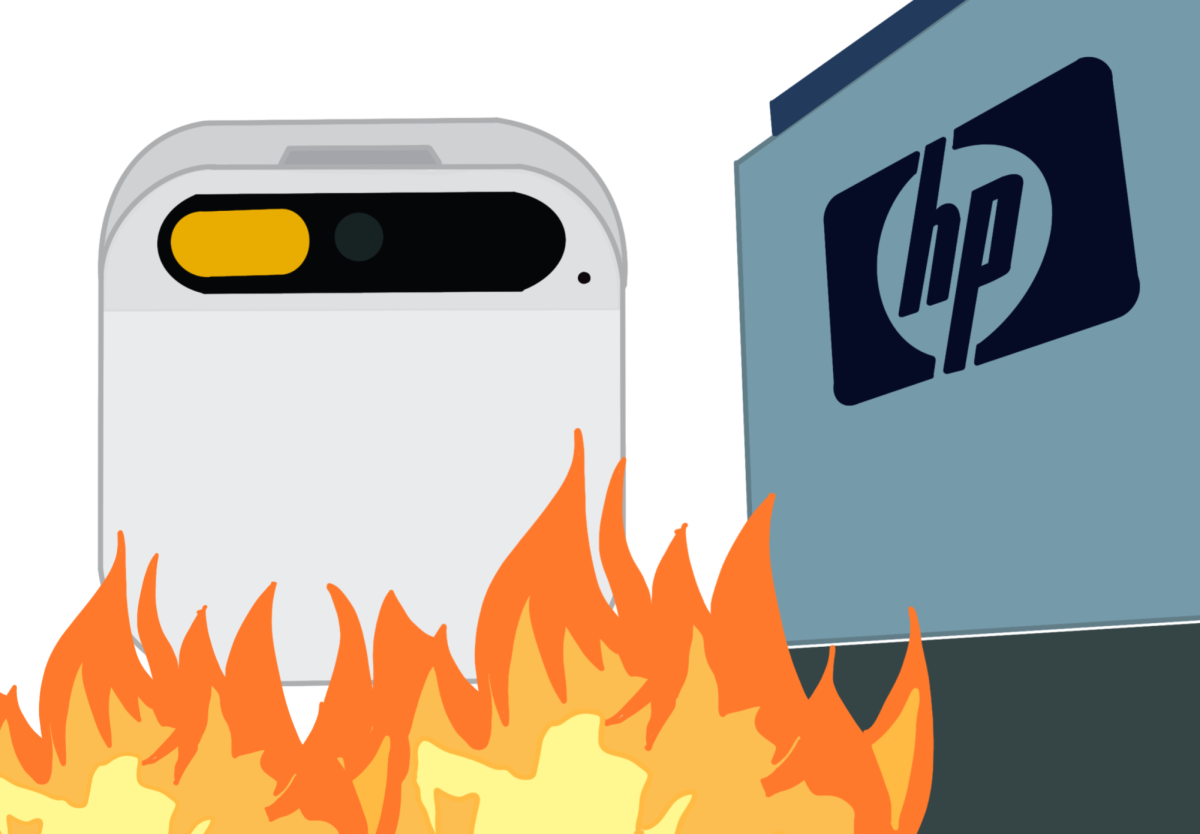Humane AI started with an ambitious goal: to replace the touchable screen. The company envisioned a world where users would no longer need to pull out their smartphones to make a call, send a text, or ask a question. Instead, they would rely on the Humane AI Pin, a wearable, AI-powered assistant that promised to deliver best-in-class artificial intelligence tools.
Humane positioned this device as “a leap beyond the smartphone,” a product that would change how we interact with technology. But as the saying goes, not all change brings progress.
The reality of the Humane AI Pin strayed far from its grand vision. As soon as the product launched, media and tech analysts quickly picked apart its flaws. Contrary to its marketing campaign, which characterized the product as an intuitive and seamless experience, what came out on the market came with a high price tag and lackluster features.

(Oliver Park)
The Humane AI Pin attaches magnetically for a seamless, hands-free experience. It also features built-in projections and AI voice control.
At its core, the AI Pin failed to address the fundamental needs of users. Humane aimed to replace the smartphone, but they were never broken. In today’s tech landscape, artificial intelligence should complement existing tools, not try to reinvent them completely. However, Humane mistakenly assumed people wanted to abandon screens altogether, even though screens remain the most efficient and reliable interface for digital interactions.
Humane hammered the final nail in its coffin with its awkward interface. The developers banked on a laser projection system instead of a traditional screen. Users had to navigate an unreliable and clunky projected interface on their palm, making even fundamental interactions cumbersome. Additionally, its slow and faulty voice and AI-driven commands fell short of the fluidity and responsiveness of a smartphone.
In terms of hardware, the device featured abysmal battery life, barely lasting a few hours on a full charge – unacceptable for a daily companion device. On top of that, its $699 practice with a mandatory $24 monthly subscription makes the gadget an expensive, poor-quality alternative to a mid-range smartphone. Reddit users jokingly nickname it, “luxury paperweight.”
Following the company’s poor performance, HP stepped in to acquire Humane, signaling a potential second life for Humane’s technology. HP has a long history of producing consumer electronics, but it is a newcomer to the AI-driven wearable/ personal assistant market.
Due to these factors, some speculate that HP wishes to acquire its patents and AI research. The company may attempt to repurpose Humane’s technology for enterprise solutions, such as AI-powered workplace tools or integrated business assistants. However, even with HP’s resources, the fundamental issues with the AI Pin remain unresolved. Unless HP completely reinvents the concept, Humane’s vision will unlikely ever succeed.
At its peak, Humane hit $230 million corporate value, attracting investments from top-tier Silicon Valley organizations. But valuation doesn’t guarantee success, and Humane’s story serves as a cautionary tale for startups chasing innovation for innovation’s sake.
Humane’s overconfidence and ignorance of consumer demand and market analysis made the AI pin a predictable failure. The company attempted to rush a product launch without considering pain points, and ended up solving a problem that never existed. If you purchased this product, you might as well use it as a paperweight.



















































